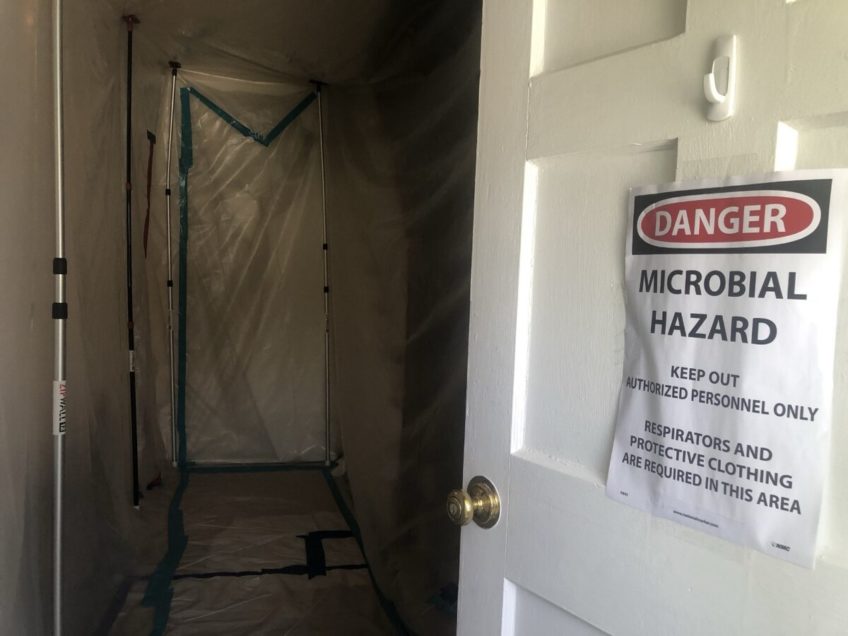
Congress to Consider Bill for Combat-Injured Vets to Keep Disability and Retirement Pay
Military retirees with a VA disability rating higher than 50% have been able to collect both their disability benefits and retirement pay without being docked since 2004. However, vets that were medically retired without serving for 20 years or had a disability rating lower than 50% have been subject to offsets that prevent them from collecting more than their retirement pay.
Congress will again be considering a bill, the Maj. Richard Star Act, that would change that.
What is the Maj. Richard Star Act?
The Maj. Richard Star Act is a bill that would eliminate the dollar-for-dollar penalty that prevents medically retired veterans from collecting both their disability benefits and retirement pay in full amounts. If passed, the Maj. Richard Star Act could allow an estimated 50,000 vets to collect thousands more dollars each year.
Who was Maj. Richard Star?
Maj. Richard Star was an Army combat engineer deployed to Operation Desert Storm, Iraq, and Afghanistan. In 2021, Maj. Richard Star died of lung cancer linked to toxic airborne pollutants he was exposed to during his deployment. He was medically retired before he reached 20 years of service and was thus unable to collect both retirement pay and disability benefits.
Why has the Maj. Richard Star Act not been passed yet?
Although the Maj. Richard Star Act was supported by more than 335 House members and 66 senators, it previously failed to pass because of the PACT Act. The PACT Act, a $280 billion bill, expanded VA healthcare for veterans sickened by environmental exposures overseas. The PACT Act took precedence over the Maj. Richard Star Act due to the wide scope of the people it would affect.
What is the Next Step?
Rep. Gus Bilirakis says the next step for the Maj. Richard Star Act is for committees to hold hearings on the bill and then proceed to hold votes in both chambers of Congress. Montana Sen. Jon Tester expects that there will be concerns about the costs of the bill, which are an estimated $7 billion.
“People are gonna argue that this cost too much money, and I respect that, except for the fact that if we’re going to send them off to war, we take care of them when they get home or otherwise we shouldn’t send them off to war to begin with,” Tester said.
Still, Bilirakis remains optimistic and determined: “We’re going to get this done.”
We are Veterans Helping Veterans
The goal of our organization, the Veterans Legal Assistance Program, is to support both our active-duty and retired service members along with their families. We’ll keep you informed about the issues that affect you and your community, and we’ll connect you with people we trust.
We’ve got your six.



